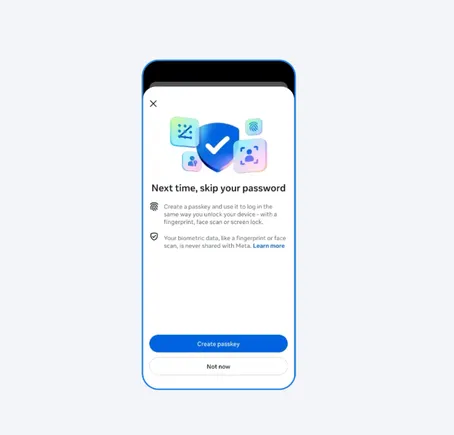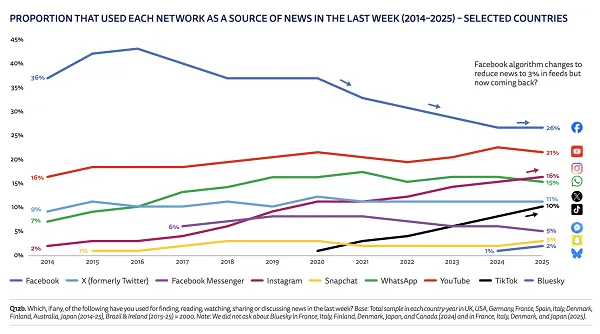Sebi clears path for reverse-flipping startups with ESOP relaxation
Under the existing regulations, promoters are ineligible to hold or be granted share-based benefits, including ESOPs.


In a major relief to startup founders looking to go public, the Securities and Exchange Board of India (Sebi) on Wednesday approved a proposal to allow them to retain employee stock options (ESOPs) granted at least one year prior to filing preliminary IPO papers.
Under the existing regulations, promoters are ineligible to hold or be granted share-based benefits, including ESOPs. If they hold such share-based benefits at the time of filing of draft red herring prospectus (DRHP), they have been required to liquidate such benefits prior to the IPO.
This provision has been found to be impacting founders classified as promoters at the time of filing of DRHP, Sebi noted.
Sebi chairman Tuhin Kanta Pandey said the board approved a proposal to "facilitate founders who received such benefits at least one year prior to the filing of DRHP with the board, to continue holding, and/or exercising such benefits even after being specified as the promoter/s and the company becoming a listed entity".
These proposals are expected to assist public companies which intend to list after undertaking reverse flipping, that is shifting the country of incorporation from a foreign jurisdiction to India.
This was the second board meeting under the chairmanship of Pandey, who assumed office on March 1.
Additionally, the Sebi board approved a proposal to rationalise the content of the placement document of qualified institutional placement (QIP) by prescribing only the relevant information regarding the issue.
Presently, in QIPs, the issuer is required to disclose the details in the placement document as prescribed under ICDR (Issue of Capital and Disclosure Requirements) norms.
Such disclosures are detailed in nature, and preparing a lengthy placement document is a time-consuming exercise that results in duplication of information, which is already available in the public domain.
"The board approved amendments to ICDR regulations for simplifying and streamlining the placement document for qualified institutional placement by listed entities," Sebi said, adding that this builds on the simplification and streamlining undertaken for rights issues by listed entities.
The proposal factors in the availability of information for listed entities in the public domain, and reduces or eliminates duplication of such information in the placement document. Making disclosures has also been enabled in a summarised and concise form.
Such areas of disclosure being simplified include risk factors being specified in relation to the issue, the objects of the issue and the material risks (dispensing with generic risk factors being disclosed), providing a summary of financial position (dispensing provision of complete financial statements) and providing a summary of issuer's business and the industry in which it operates.
Edited by Swetha Kannan









































































































































































































